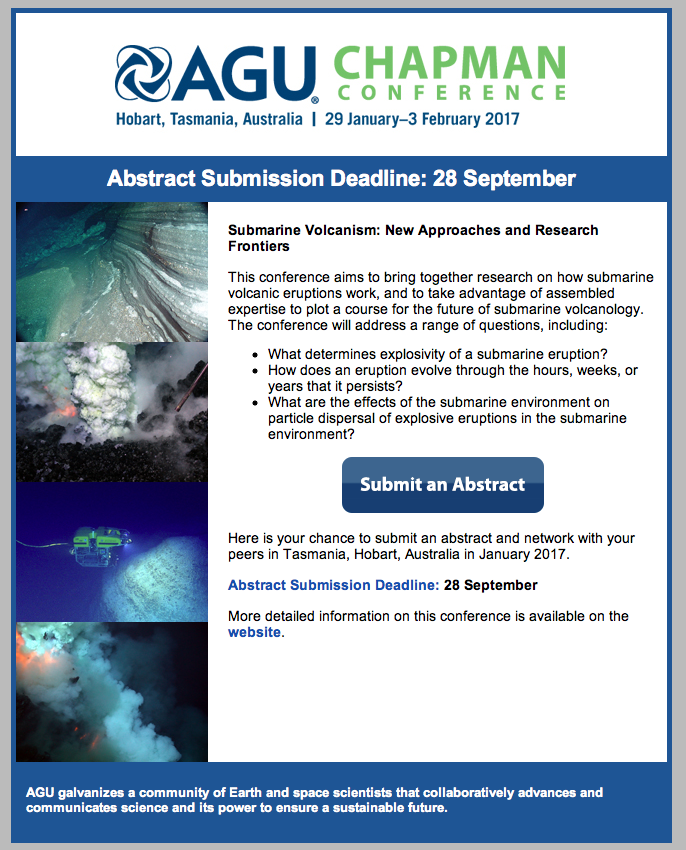Dear Colleagues,
This email serves as a status update on and request for participation in a community effort to produce a report on “Future Directions in Tectonics” (supported by NSF-EAR-1542001). It includes an introduction to the process and link to our website (https://sgtfuturedirections.
Another Town Hall will be held at AGU (Thurs. Dec. 15, 2016, 12:30-1:30, Moscone West 2011), and the target date for the report is May 2017.
The introduction to the process described on the website is summarized below:
The report will explain examples of our science and its importance to many potential audiences (e.g., your colleagues, dean, provost, legislator, NSF and other government agency administrators), to serve as a platform to increase our impact and attract resources that can benefit the community as a whole.
Such reports have benefitted other successful communities, and the time is right for us to assess how our relevance, opportunities and needs have changed in the nearly 15 years since the last report on tectonics.
The community effort and report will:
(1) identify grand challenge themes and opportunities for the science, not as a comprehensive, exclusive or prescriptive list of topics, but as examples that resonate broadly with the community, illustrate the kind of work we do, and showcase where we are poised to make advances;
(2) articulate what our community needs to make scientific progress (e.g., resources, technologies, partnerships and infrastructure, educational needs); and
(3) develop a vision to build and strengthen our community and maximize the educational and societal benefits of our work.
The process has been designed to be as inclusive and transparent as possible. One group obtained NSF funding for a workshop to solicit community input, and a different group is leading the report writing. Efforts have been organized by multiple committees of volunteers and people selected to represent the diverse perspectives of our community. A workshop was broadly advertised and held in May 2016 with >90 participants, and community input has been and will continue to be solicited in Town Hall meetings and online.
We want everyone to have a voice and contribute ideas. The report will focus on the subset of ideas that resonate most broadly with the community, speaking with one voice to provide context and organize our diverse perspectives into unifying themes that emerge from the community input/data.
The report framework has been drafted and is posted online along with more details about the process [https://sgtfuturedirections.
Your input is needed. We invite you to read the draft framework and complete a survey by October 23, 2016 [see website for link https://sgtfuturedirections.
Please share this message broadly, and we look forward to hearing from you!
— Writing co-chairs, Kate Huntington (U Washington) and Keith Klepeis (U Vermont)



